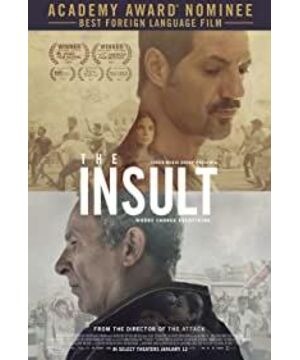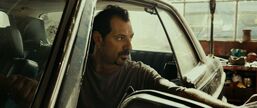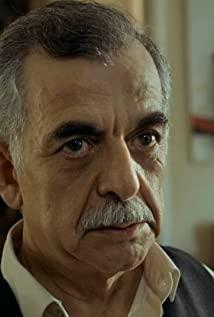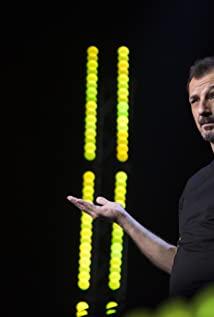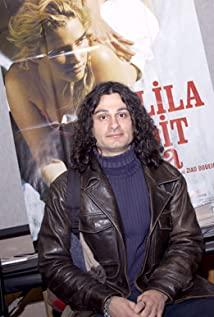1. Historical background
1. The area of Lebanon is about the size of Akita Prefecture in Japan, with a population of about 5 million (approximately equivalent to Fukuoka Prefecture in Japan), of which about 1 million are refugees.
2. Lebanon is a typical representative of the so-called "small government", the country with the most free speech in the Middle East, and the cultural industry is quite developed.
3. Various Islamic sects (Shia, Sunni, Druze, etc.) and Christian sects (Greek Orthodox, Armenian Apostolic Church, Syriac Orthodox, Maronite Church, etc.) coexist. Tony in the film belongs to the Maronite Church (referred to as Maronite) .
4. In 1975, the civil war broke out and lasted until 1990. There are two main reasons: First, during the period of French control, Lebanon established a method of allocating seats in parliament according to religious sects, and the allocation ratio continued until before the civil war. However, since the number of Muslims in Lebanon has greatly increased since the 20th century, the original Christian population structure has been changed, and the political debate around parliamentary seats has continued to intensify. Second, after Israel declared independence in 1948, a large number of Palestinian refugees poured into Lebanon. When Israel attacked Palestinians in Lebanon, some Lebanese militias belonging to Christian sects also assisted, leading to intensified tensions between Palestinian refugees and the Islamist sect and militia groups that supported them. By 1990, due to the exhaustion of all parties involved in the war, and the fact that after the end of the Cold War, the United States focused its attention on the Middle East and intervened in the Lebanese civil war with the help of Syria, which eventually led to the civil war being rushed without in-depth trial, discussion, and reflection. In the end, "all are defeated". Wartime militia leaders became postwar politicians, choosing to turn their backs on the legacy of the civil war. Therefore, the courtroom scene in this film can be seen as a belated trial for the legacy of the Civil War .
5. About Palestine refugees in Lebanon There are currently about 12 refugee camps in Lebanon (not tents, but the blocks shown in the film). Palestine refugees do not have civil rights such as the right to suffrage or freely choose a career, so the construction site bosses in the film can only illegally hire Central Yasir.
6. The grudge between Palestinian refugees and Maronite militia organizations is mentioned twice in the film: The first time was the massacre in Damour town in 1976. In 1971, the Palestine Liberation Organization was expelled from Jordan and entered Lebanon for the assassination of King Hussein of Jordan. The influx of large numbers of Muslim refugees has caused dissatisfaction with the predominantly Maronite Christian militias, which in turn have aroused popular dissatisfaction with their increasing control over the country. In 1976, Palestinian refugees took advantage of the chaos of the civil war to retaliate against the Maronite-inhabited town of Damour "slaughtering the village". The second was the Beirut refugee camp massacre in 1982. In 1982, the Israel Defense Forces attacked Lebanon and entered Beirut for the first time. The Palestine Liberation Organization had to withdraw from Lebanon, which meant that the Palestinians in Lebanon were left without protection. At this time, the Maronite radical politician Bashir ( the character who constantly appears on the posters in the movie " Waltz with Bashir ") had just been elected president of Lebanon. Bashir made a lot of offensive xenophobic remarks during the election (similar to Tony's idol in the movie), but changed his tune after being elected and was assassinated by a bomb shortly after. Maronite militias backing him, believing it was the Palestinians, besieged the Palestinian refugee camp with the support of the Israel Defense Forces. It was the Israeli Defense Minister Sharon who was in charge at that time. That's why the line "Hope the salon wipes you all out" carries so much weight in the movie .
The director's creative background
1. The inspiration for this film came from the personal experience of director Dory. Dory said that he wanted to express the antagonism of two men who both suffered and wanted to attribute the pain to others, and this creative motivation came from his personal experience. Dorry was born in a Muslim family in Lebanon. He was hostile to Christianity when he was a child, and even saw someone wearing a cross and "wanted that person to die". During the Civil War, some of his family also died fighting Christian militias. But more than a decade later, Dory fell in love with, married a Lebanese Christian woman, and had her daughter baptized not long ago. This change made him realize the importance of listening to the voices of others. Dory hopes to express through Tony: When we stop blaming others for our problems, we realize that we are actually going through the same pain.
2. In order to resonate with as many people as possible, the historical background was deliberately simplified when writing the script, trying to focus on the characters. The script was first written in English and then translated into Arabic .
3. The director wants to find a Palestinian actor to play Yasser. Carmel, who played Yasser, had never met the director before and was interviewed through Skype. Because Carmel is a stage actor and has never appeared in a movie before, the director has many dissatisfaction with his performance, and the two often quarrel on the set. Until the film's release, the director was worried that Carmel "would ruin the movie . " Unexpectedly, the latter won the Best Actor Award at the Venice Film Festival.
View more about The Insult reviews


